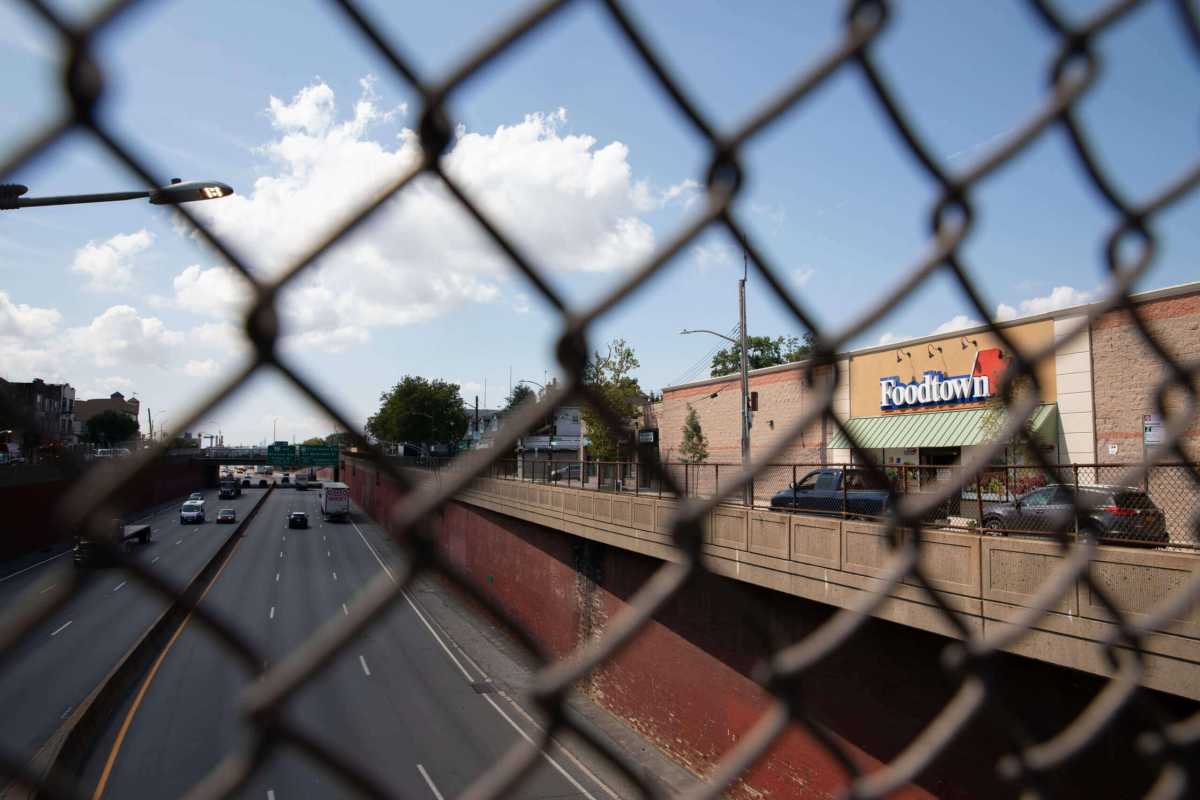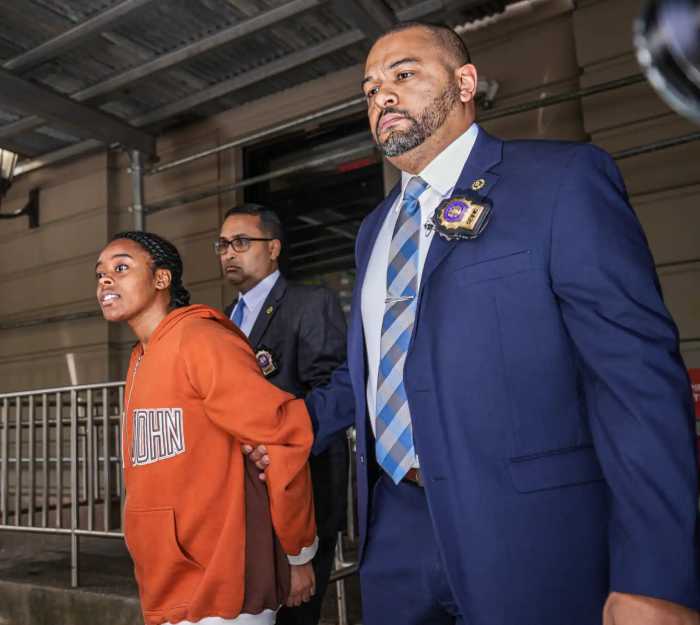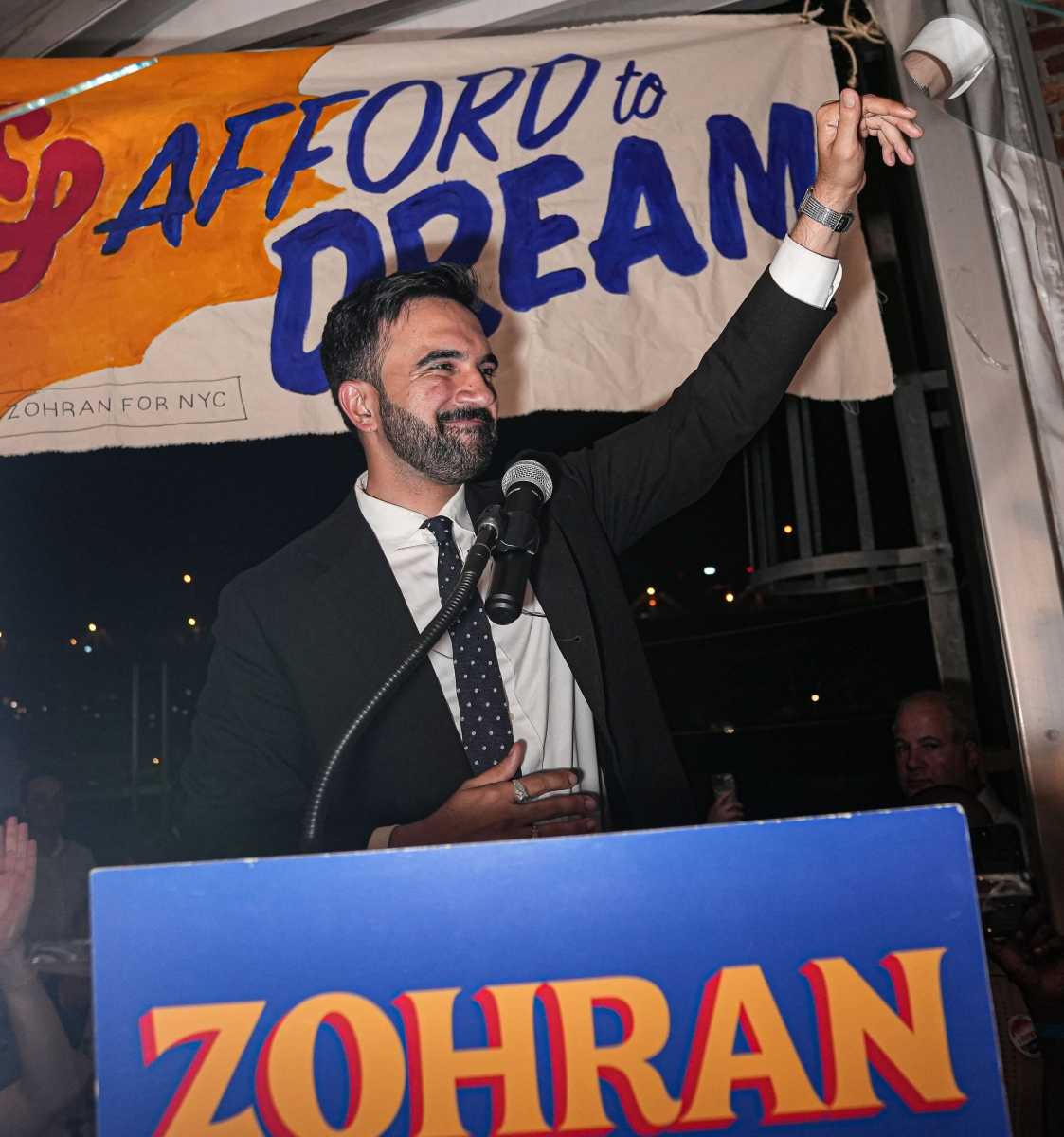New York City lawyers are asking for the Bruckner Boulevard rezoning lawsuit to be dismissed, arguing that there were “fatal errors” in the filing of the suit.
Bronx Coalition Against Up Zoning Inc., a group of local residents led by accountant and insurance agent John Cerini, filed an Article 78 lawsuit against the city on Feb. 13 calling for the rezoning to be nullified. The rezoning, which was approved by the City Council in October, plans to bring 348 apartments across four buildings in Throggs Neck that range from three to eight stories tall. Local opponents who have been vocal since the proposal’s inception see the project as a threat to their low density neighborhood.
The lawsuit was filed by Buffalo-based environmental lawyer Richard Lippes a mere four hours before the Feb. 13 deadline to challenge the rezoning. In the suit, Lippes argued that the city’s planning department did not properly conduct the environmental review for the project.
The city filed the motion to dismiss in Bronx County Supreme Court on Friday, arguing that the case should be thrown out because the petition was served too late and the project developer wasn’t named as a respondent.
Nathan Taylor, the senior counsel for the city’s environmental law division, said that the petitioners’ arguments in the lawsuit are no more than “quibbles with details of the environmental review that pass by the true engine driving the litigation,” which is that they “simply do not like” the project.
“They have been zealous advocates for their view throughout the land use review process, but ultimately, the City Planning Commission and their elected representatives were not persuaded,” Taylor argued. “Now they have turned to the courts but such policy disagreements are not a legal issue for a court.”
Lippes, the attorney for the project’s opponents, told the Bronx Times in an interview on Monday that he is going to ask for an adjournment to respond to the city’s motion to dismiss, which he was unfazed by.
“The city makes these motions in every case, so I sort of expected them,” Lippes said.
The city argued that the case should be dismissed because petitioners served the city after the deadline to do so of Feb. 28, which is 15 days after the filing deadline.
The Department of City Planning was served on March 3 — three days after the deadline — while New York City and the New York City Council were served on March 7, according to the city.
“They delayed despite having the advice of counsel who is abundantly familiar with service deadlines–and the consequences of missing them,” Taylor said as part of the motion.
But while the city claimed that petitioners “did not even attempt” to serve the petition until after the deadline passed, Lippes tells a different story.
The lawyer told the Bronx Times that a process server — a third party who delivers court documents — tried to serve the city on time, but was told that the city wouldn’t accept it because they only accept being served on two days during the week. Lippes said he plans to get an affidavit from the process server attesting to this.
Lippes said he had never heard of this policy.
Nicholas Paolucci, a spokesperson for the NYC Law Department, declined to explain the two-day policy. He also declined to clarify whether the city made an error in claiming there were no attempts before the deadline, or if the city disputes Lippes’ account.
As part of the motion, the city names five other Article 78 suits represented by Lippes in which deadlines to serve weren’t met. Three of them were dismissed, and Lippes is waiting to hear back on an appeal he filed for another.
Lippes told the Bronx Times that he has had cases that were and weren’t served on time, and instances in which judges agreed and didn’t agree to dismiss.
“You know, it’s a mixed bag,” he said. “I’ve been practicing for 52 years, I’ve handled virtually hundreds of cases of Article 78 proceedings, because, you know, that’s where my specialty lies. So I’m not concerned about that. This case is based upon the facts of this case, not of another case.”
The city also argued that the project developer Throggs Neck Associates LLC — an entity made up of a handful of local property owners — should have also been named as a respondent in the lawsuit and their absence “raises significant due process concerns.” And since the statute of limitations for the filing has passed, the party can’t be added as a respondent.
According to the city, courts “have repeatedly held” that the property owner and developer are necessary parties in Article 78 development cases, which allow government agency decisions to be challenged.
Lippes told the Bronx Times that he disagrees that Throggs Neck Associates LLC should have been listed, because there are 34 parcels of land included in the rezoning, and the applicant doesn’t own all of them.
“If the argument that the city makes was correct, I have to serve everybody within the upzoned area, every owner of property, which is obviously absurd,” he said.
Reach Aliya Schneider at aschneider@schnepsmedia.com or (718) 260-4597. For more coverage, follow us on Twitter, Facebook and Instagram @bronxtimes























